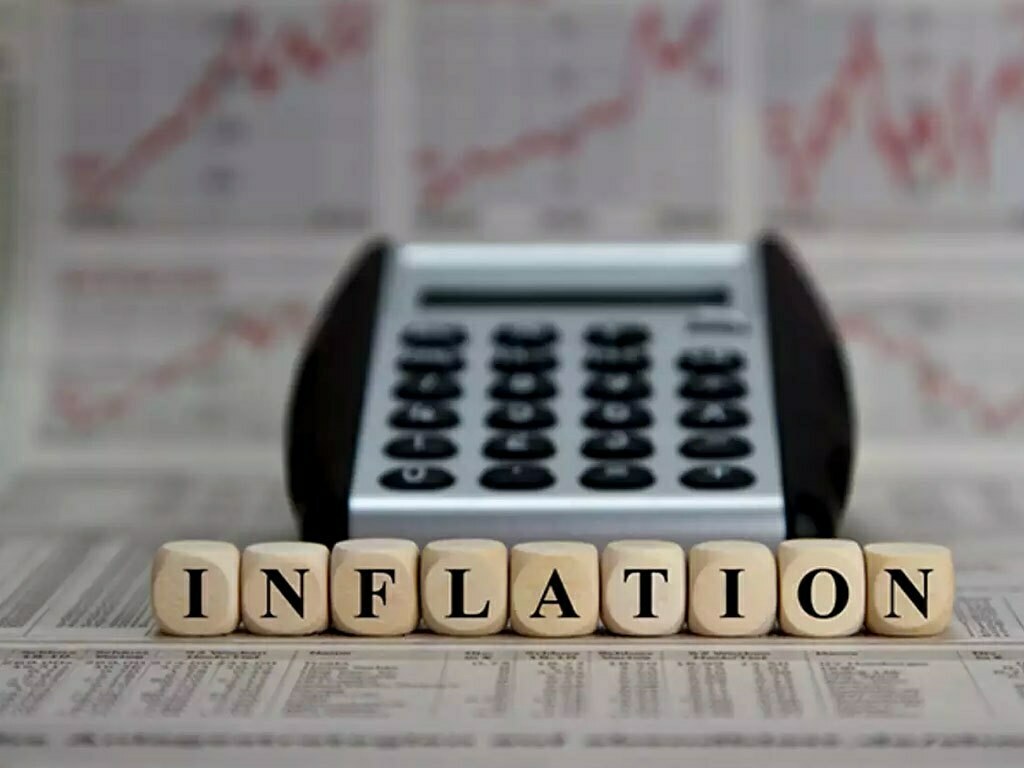EDITORIAL: High inflation trend in the country over the past three years is a harsh reality, and the government cannot shy away from it. But, every now and then, the government officials and spokespersons attempt to build a narrative to counter the rise in inflation. With food prices increasing by almost half during the PTI (Pakistan Tehreek-e-Insaf) government, there is no narrative that can spin this or soothe people’s suffering.
The current round of inflation — which is mainly a global phenomenon — is adding fuel to the agony. Instead of trying to spin the narrative, the government should eat the humble pie and be apologetic and sympathetic to people’s economic woes whilst offering solutions and a roadmap to demonstrate the government’s will through which it intends to solve this problem. In a recent media talk, Finance Advisor to the PM Shaukat Tarin admitted the fact that rising inflation is hurting the urban-lower middle class the most.
He is right; as the income levels of urban middle class are not growing in tandem with the nominal GDP growth. Businesses made money based on government’s monetary and fiscal concessions along with the amnesty scheme offered in the real estate. Since the wages are not increased proportionately, the salaried class is suffering.
Tarin is probably communicating, albeit implicitly, to industrialists and businesses to increase wages. That should be done, but this could lead to a second-round of inflation due to a wage-price spiral. Additionally, the increase in energy prices — electricity, gas and petroleum — would also trigger a second round of inflation as producers would pass the impact to the consumers. There is no respite insofar as the value of PKR is concerned, and this will bring more imported inflation home. Already, the core inflation is inching up.
SBP’s (State Bank of Pakistan’s) medium-term target of inflation is 5-7 percent, and the monetary tightening was to work towards this target. But Covid came and SBP was too generous in offering stimuli — interest rates were down to 7 percent and remained there for over a year. The demand generation through this and other factors — evident by higher real money supply growth in 2020-21 —disturbed the price stability objective. Now the global run of inflation has brought the headline back in double digits.
The November headline number at 11.5 percent was 21 months high and the WPI at 27 percent is the highest since 2008. The higher wholesale price inflation is suggesting that headline inflation to remain high in coming months. The pain is now felt by both lower and middle classes. Tarin’s argument that since the rural and urban upper middle class are buying cars on premium (commonly known as “own”), they are not affected by rising inflation per se. This is a very naïve understanding of ground reality. This is similar to Tarin’s other comment through which he claimed that Pakistan is spending $250 million per month on CBU cars’ imports. The actual number per month, however, is around one-tenth of that for last year.
Tarin should know that premium on cars was due to low interest rates and global supply chain shortages. Many in the urban middle class are waiting for months on end to buy vehicles without paying “own money” or premium. Rather than correcting the anomalies such as car hoarding — which is what leads to own in the car market — the honourable adviser to PM has the audacity to say that inflation is not hurting urban upper middle class. He might be right for the rural upper middle class where the benefits of higher commodity support price and higher international commodity prices have jacked up rural farming community’s incomes. But for urban dwellers living off salaries, life is only getting harder.
One last message for folks in the government is to stop beating the drum for random weekly or monthly decline in CPI (Consumer Price Index) or SPI (Sensitive Price Index) numbers. This is not useful and mostly disingenuous. For example, in January 2021, headline inflation was at 5.6 percent due to the high base in the previous year. Everyone knew that it was a blip. But the Planning Minister tweeted with exuberance even before the actual numbers were published to win brownie points. And now when CPI is at 11.5 percent, he is nowhere to be seen. There are multiple similar examples.
The PM himself directs spokespersons and ministers to spin the negative inflation narrative on media. But inflation cannot be tamed or brought down by words on TV: it needs concrete actions aimed at reducing inefficiencies in the energy and food market. It is about time the government stopped burying its head in the sand. In other words, the government is required to come up with solutions, not excuses, with a view to dealing with the situation in an effective and meaningful manner.
Copyright Business Recorder, 2021






















Comments
Comments are closed.